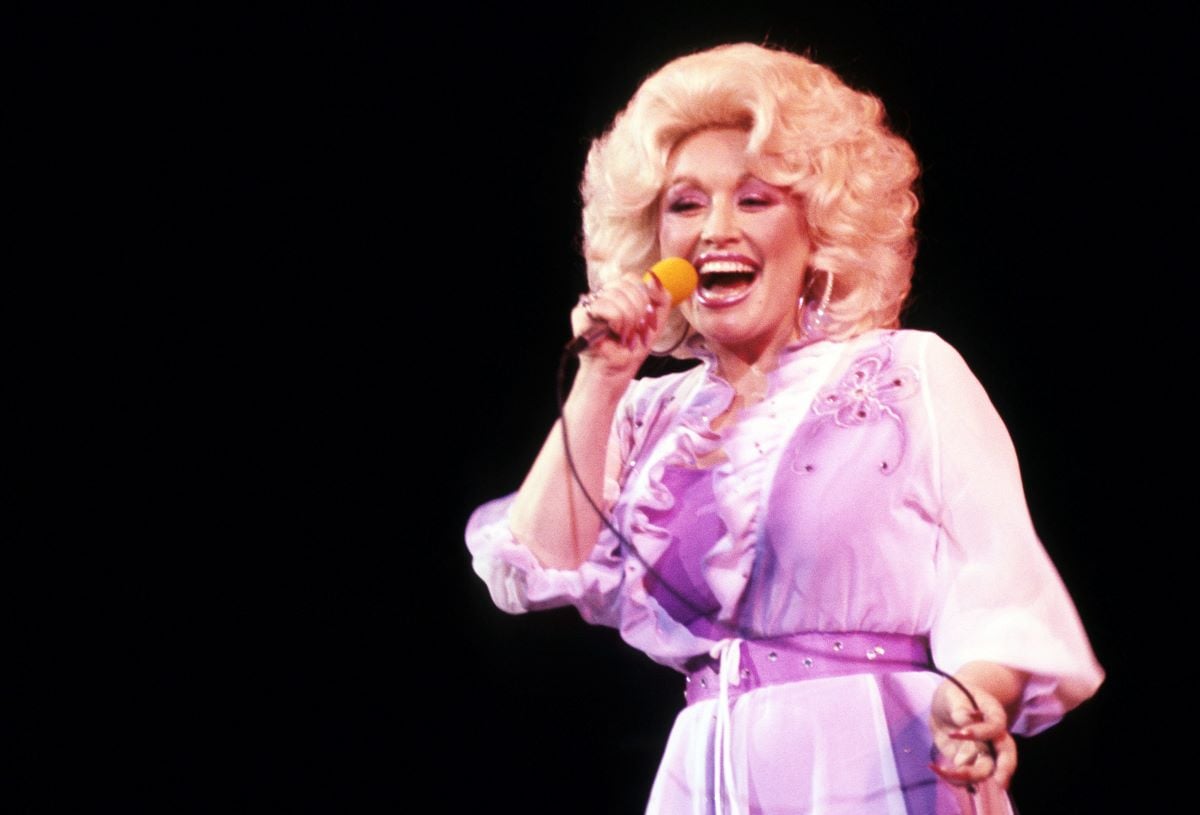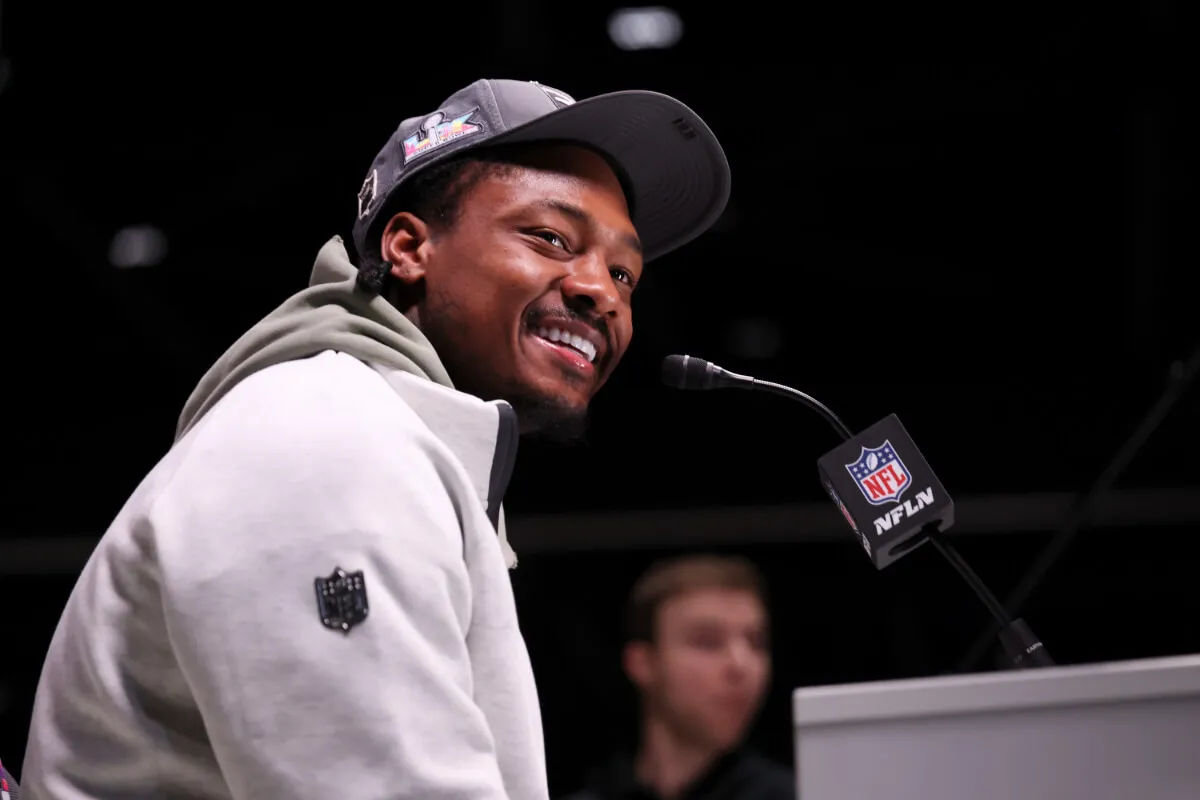
Dolly Parton’s Mysterious, Uncredited Vocals on a Song Were the ‘Catalyst’ to Her Success
Dolly Parton moved to Nashville in 1964, ready to both write and sing songs. Though she had achieved some success in her hometown, she struggled in her early days in the city. She began to achieve success not long after a country singer recorded a version of a song she wrote. Parton sang uncredited backing vocals on the song, which began to garner some interest for her.
Dolly Parton’s uncredited vocals on 1 song brought her a lot of attention
Parton and her uncle, Bill Owens, wrote songs together over the years. In 1966, country singer Bill Phillips recorded a version of their song “Put It Off Until Tomorrow.” Parton sang harmony on the song, though her vocals went uncredited. When it entered the Top 10 on the country charts, though, people thought this was due to Parton’s voice.
“That was really the catalyst for Dolly and the thing that brought her to everybody’s attention,” said Bob Beckham, the president of Combine Music, in the book Dolly by Alanna Nash.
While Parton’s record label initially wanted her to sing pop songs, they saw how well her voice went over with a country audience.
“She convinced me to cut her country. I was strictly going along with her obviously heartfelt wishes,” said Fred Foster, the founder of Monument Records. “Now there was momentum picking up for her somewhat, because she sang on ‘Put It Off Until Tomorrow.’ Grandpa Jones said one time you could put Dolly in the Mormon Tabernacle Choir and she would come through. So there wasn’t any hiding. You knew who that was if you knew Dolly’s voice.”
Dolly Parton’s ability to write songs was also helpful for her
Parton’s voice won her fans, but her songwriting also allowed her to advance in the industry. When she auditioned for Foster, her writing was a major reason why he decided to sign her.
“She came out and sang me three or four songs, and I said, ‘Is your writing free?’ and she said yes, and I said, ‘OK, we’ll work out a deal,’” Foster recalled. “Then I told her I liked her, and I’ll never forget the look on her face. She said, ‘Everybody has turned me down.’”
Porter Wagoner felt similarly when he met Parton. He thought her songwriting told him a lot about what she was like as a person.
“This song told me so much about her,” Wagoner said. “I knew that if a person could sit down and write a song like that, they’d have to have a real soul inside them.”
She said her voice isn’t palatable to everyone
Parton’s anonymous vocals earned her many fans in Nashville, but she said she didn’t think her voice was very good.
“My manager just hates me to say that, because he says it’s not true,” she told Playboy, per the book Dolly on Dolly. “I don’t have a great voice. I have a different voice and I can do things with it that a lot of people can’t. But it’s so delicate in other ways, there’s no way I can do some of the things other singers can.”

Still, Parton said she loved to sing and said the emotion in her voice was always pure.
“I would like to improve my voice to be able to hit better notes,” she said. “My notes are not always true. But my heart is always true. And the emotion I put in is always true.”


